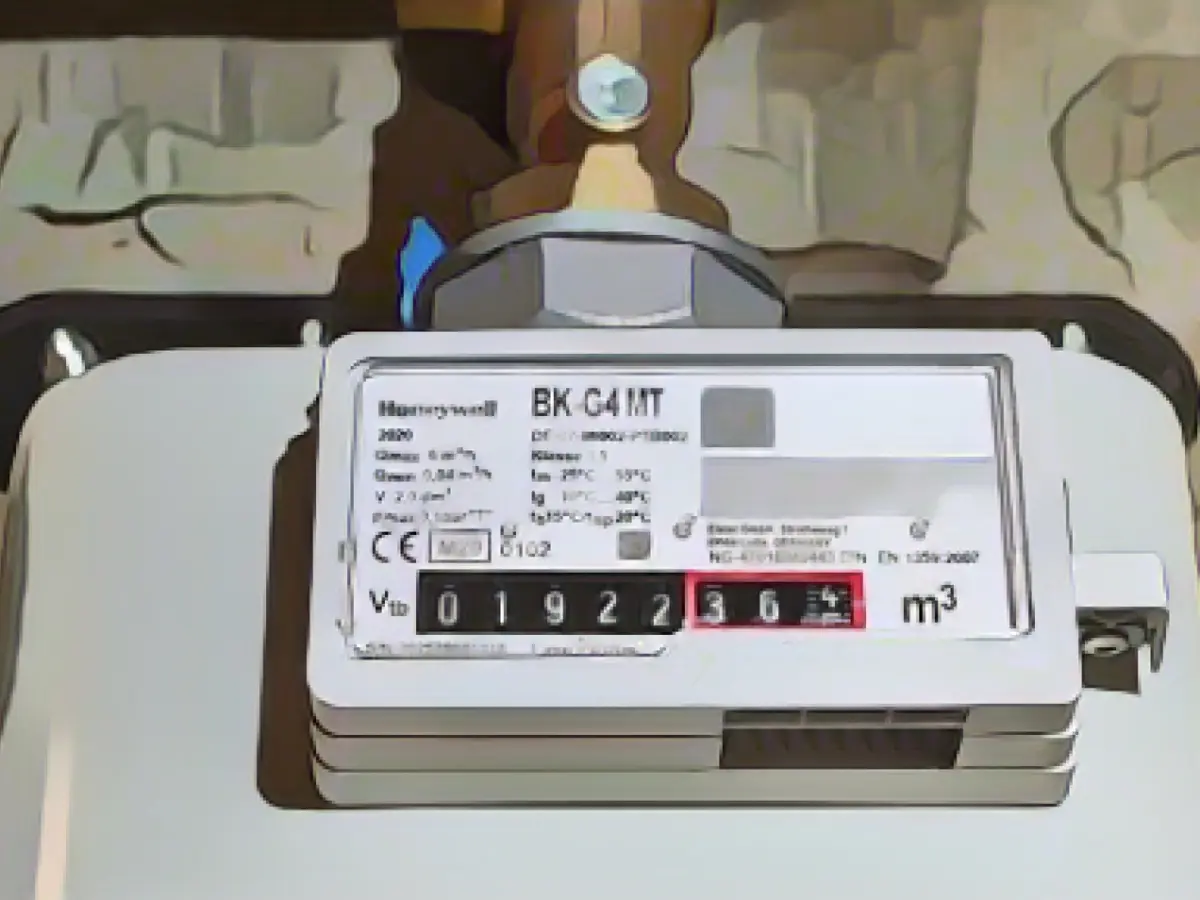Navigating the Economic Landscape in Thuringia: A Rollercoaster Ride of Business Registrations and Dere registrations
The economic landscape of Thuringia, a region in Germany, has seen a notable increase in business registrations and deregistrations. As of October 2023, approximately 9600 entrepreneurs have embarked on their self-employment journeys, marking a 6.9% surge compared to the same period the previous year. Simultaneously, almost 9000 businesses have been deregistered, an uptick of 6.2% compared to 2022, resulting in a deregistration rate of 94 for every 100 registrations.
The city of Erfurt, a key hub within Thuringia, has witnessed a notable surge in business registrations, a promising sign for its economy. However, this optimistic outlook is tempered by the sharp increase in business deregistrations, putting a question mark over the region's overall economic situation.
Small enterprises and side businesses, accounting for around 75% of new start-ups, have shown significant growth. The remaining 25% are larger entities such as corporations, partnerships, and businesses with employees. Although the number of new entities with greater economic substance remains relatively stable, it's worth noting that the primary reason for business deregistrations is the complete abandonment of the enterprise (80% of the cases).
Economic Trends Shaping the Landscape
The current economic trends in Thuringia are influenced by various factors, including the ICT sector, start-up activity, and industry support. Key trends:
- IT Sector: Despite a decline in the number of ICT start-ups, employment in this sector has remained robust with a record 1.5 million professionals and employees. However, high energy costs and a shortage of skilled labor continue to pose challenges.
- Start-Up Activity: Facing significant deterrents like high energy costs, a lack of skilled labor, and increasing bureaucratic hurdles, the number of start-ups in Germany has held steady, with a slight increase of 1.3%.
- Economic Investment and Support: Notable investments by the EIB Group have boosted competitiveness and innovation, with a focus on sectors such as pharmaceuticals, automotive suppliers, and renewable energy, creating opportunities for small and medium-sized enterprises.
- Renewable Energy and Grid Infrastructure: The region has been investing in upgrading its grid infrastructure to accommodate increasing renewable energy sources, ensuring a smooth transition to a more sustainable energy future.
In conclusion, while growth in business registrations and employment in sectors like ICT and renewable energy is encouraging, challenges persist, such as high energy costs, a lack of skilled labor, and increasing bureaucratic hurdles, impacting the overall economic landscape of Thuringia.








